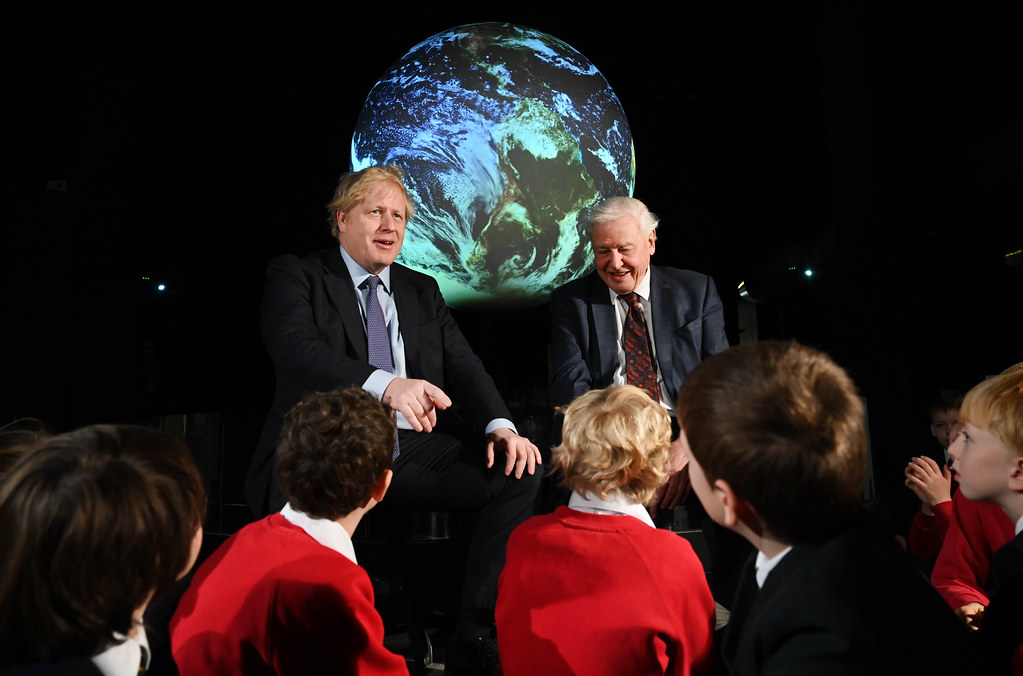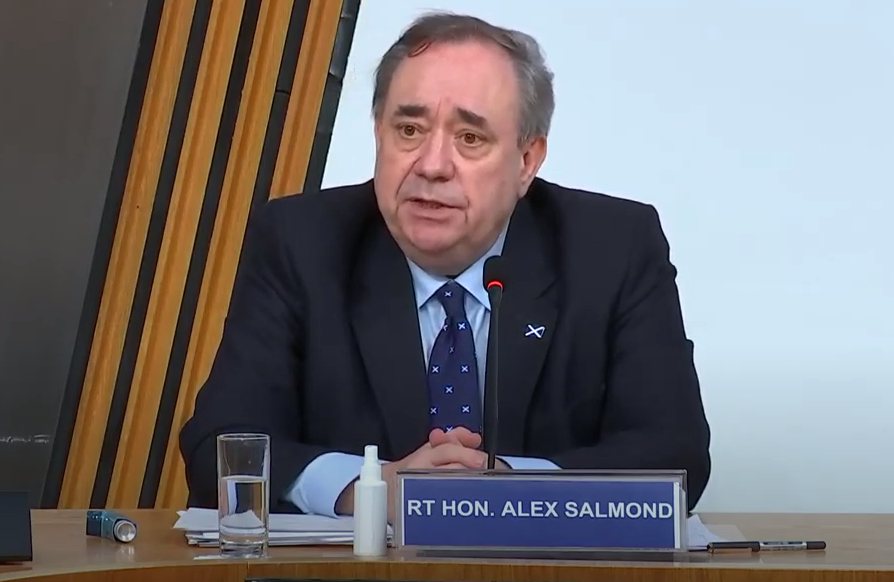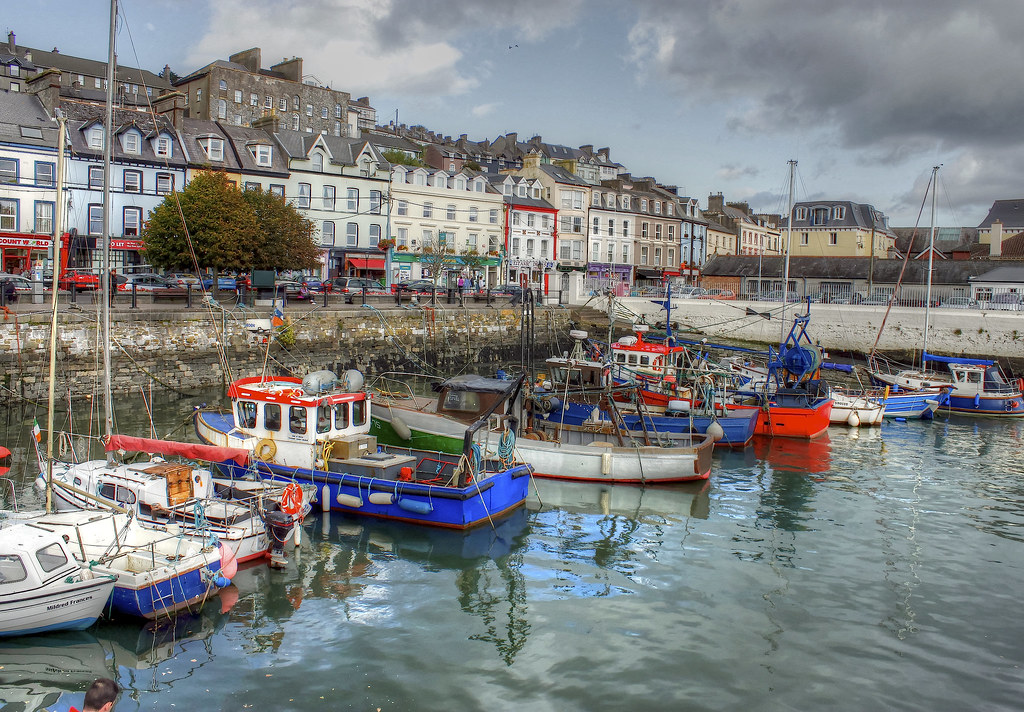26 October 2021 | ANALYSIS
From Sunday 31st October through to Friday 12th November, all eyes will be on Glasgow as the United Kingdom hosts the COP26 Summit in partnership with Italy. The Conference of the Parties is the annual UN Climate Change conference and is attended by the signing countries of the UN Framework Convention on Climate Change (UNFCCC). The goal of COP26 is to address the climate crisis, specifically following up on the 2015 COP in Paris.
The summit comes only a few months after the UN’s IPCC Report, which labelled global warming as a “code red for humanity”. COP26 is therefore being regarded as a landmark event by attendees from around the world. However, with both President Putin of Russia and President Xi of China ruling out their attendance to the event, it leaves the question of how seriously these two super-powers are taking the climate crisis as a whole.
Most countries will set out their plans to reduce emissions before the summit starts – so, we should get a sense of whether we are on track in the next couple of days. However, during the two weeks of the summit, we can expect a flurry of new announcements regarding national and international climate policy updates and changes.
Many of the announcements and changes made throughout the course of the conference are expected to be incredibly technical, with some even being new rules required to implement the Paris Agreement. Other announcements predicted include the emphasis on a faster switch to electric cars, a significant decrease in deforestation, and increased funding for projects that protect people from the impacts of climate change, such as coastal defence systems. Some of these commitments made by the conference could have a direct impact on everyday citizens’ lives, with possible restrictions on numbers of plane flights and the kinds of gas boiler that can be used to heat your home. It is possible that gas boilers are set to be done away with entirely, with the focus switching to the alternative ‘heat pump’ technology instead.
The conference itself is predicted to have a very positive effect on the local and national economy, as COP is sourcing 80% of its sustainable menu food from Scotland. Overall, 95% of the food will be from the UK, largely sourced from Scotland, and will also be seasonal. This aims to put sustainability at the heart of catering for the summit, reducing emissions and promoting local environmentally-friendly food production. COP26 President-Designate Alok Sharma has stated that he ‘was very much look[ing] forward to giving our international visitors a flavour of the wide-ranging cuisine the UK has to offer‘. However, many vegan critics have voiced their concern and dismay that, although the menu is mainly plant-based, it will not be 100% vegan.
The climate activism group Extinction Rebellion, also known as XR, have also made their plans for COP26 clear, stating that they believe ‘world leaders are committing crimes against humanity‘, adding that these leaders also have ‘no commitment to reduce, or stop increasing emissions‘. The group are launching a ‘Rebellion for One‘ campaign, encouraging their members to take a stand individually in the style of the recent Insulate Britain protests, but without the large group numbers that both movements have grown notorious for. The ethos that XR are running with for this group of protests is that ‘if putting [their] body in the road is what it takes, then [they are] terrified enough to do it‘. Unfortunately, their spelling is not as impressive as their immense planning, as shown in the tweet below.
As the host nation, the UK will likely want all countries to back a strong statement that recommits to net zero emissions by 2050 – as well as big reductions by 2030. Developing countries will want a significant financial package over the next five years, to help them adapt to rising temperatures. These developing countries tend to pollute less per head of population and are not responsible for the majority of emissions in the past, but they experience some of the more extreme consequences of climate change, so this investment will be essential to the preservation of their societies. Anything short of a clear plan with realistic steps forward is likely to be judged inadequate, because there is simply no more time to keep the 1.5C goal alive. However, some scientists believe world leaders have left it too late and that, no matter what is agreed at COP26, the 1.5C reduction will not be achieved under any circumstances.
At the end of the conference, some form of declaration is expected, with the potential for it to be as relevant as the Paris Climate Agreement.


























Absolutely nothing: since China, India, and Russia are not attending it’s completely pointless.
A load of hot air generated by rich people flying to Scotland in private jets